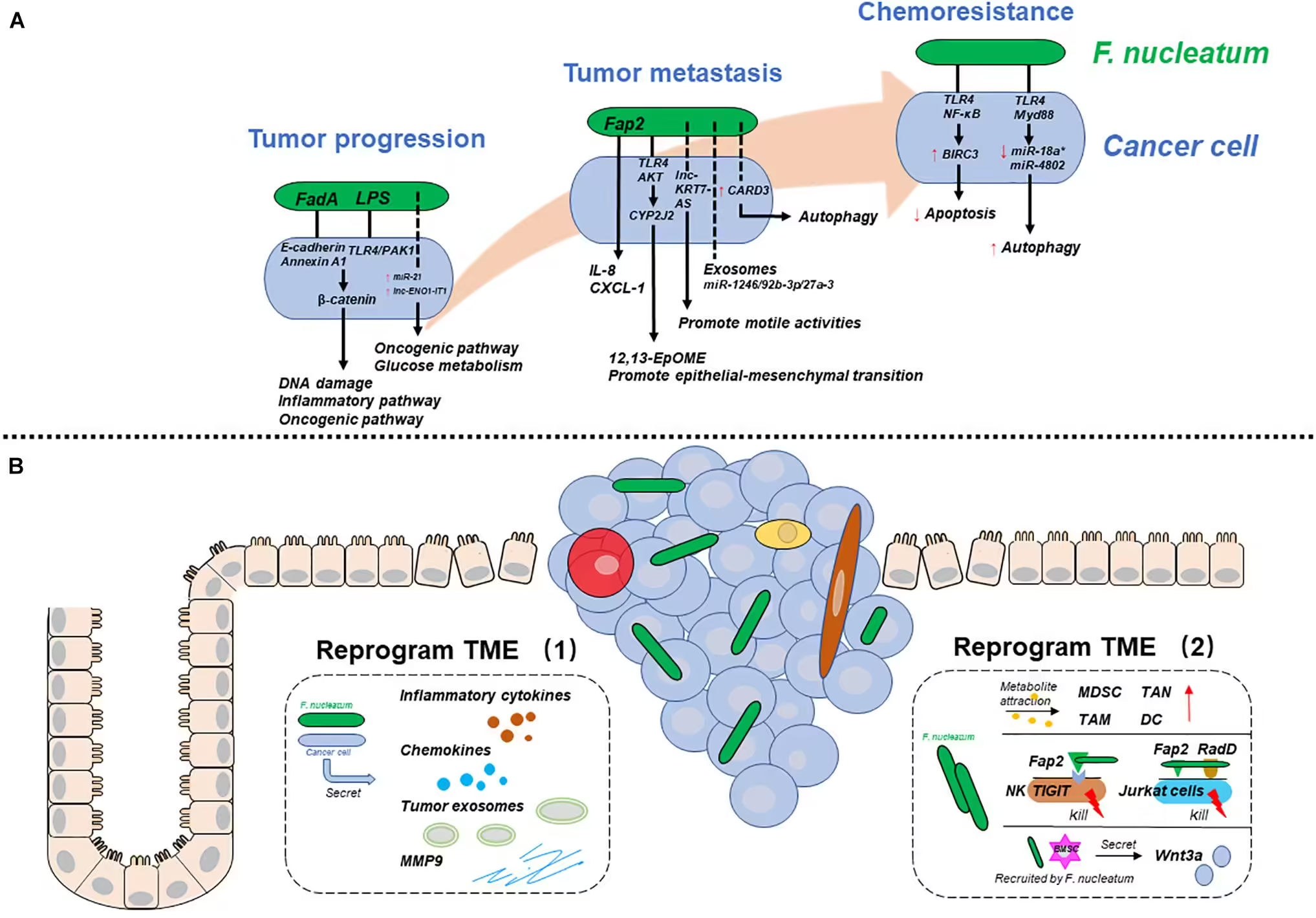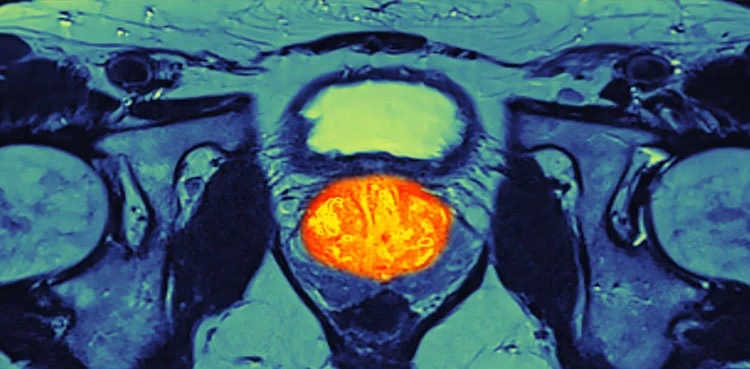Researchers from Guy’s and St Thomas’ and King’s College London have discovered that a type of mouth bacteria, fusobacterium, may hold the key to killing head and neck cancer cells. This groundbreaking finding was published in Cancer Communications and offers new hope for treating head and neck squamous cell carcinoma (HNSCC), the sixth most common cancer globally.
Key Findings
- Unexpected Role of Fusobacterium: The bacteria, known for promoting bowel cancer, was found to have the opposite effect on head and neck cancers. Dr. Miguel Reis Ferreira, senior author of the study, noted that fusobacterium “melts head and neck cancer cells” while making bowel cancer worse.
- Improved Prognosis: Analysis of data from 155 head and neck cancer patients revealed that higher levels of fusobacterium were consistently associated with better patient outcomes. Patients with higher levels of this bacteria had a 65% better chance of survival.
- Laboratory Results: In cell cultures, fusobacterium was capable of killing 70-90% of head and neck cancer cells within a few days by releasing toxic molecules that destroy tumors. Dr. Ferreira described the process: “You put it in the cancer at very low quantities and it just starts killing it very quickly.”
- Eureka Moment: The researchers were surprised to find that the bacteria, expected to exacerbate head and neck cancers, instead destroyed them. This was validated by data from international colleagues, leading to what Dr. Anjali Chander, senior clinical research fellow, described as a “eureka moment.”
Implications and Future Research
- Potential New Treatments: This discovery could pave the way for developing new, more effective treatments for head and neck cancers, which have seen little advancement in recent years.
- Further Exploration: The study’s findings encourage further investigation into how other bacteria might similarly affect different types of cancer. This could lead to a broader understanding of the complex roles bacteria play in cancer progression and treatment.
Barbara Kasumu, Executive Director of Guy’s Cancer Charity, expressed pride in supporting this innovative research, emphasizing its potential to enhance understanding and treatment of head and neck cancer.
This initial phase of research opens up exciting possibilities for future studies and clinical applications, potentially transforming the approach to cancer treatment.



